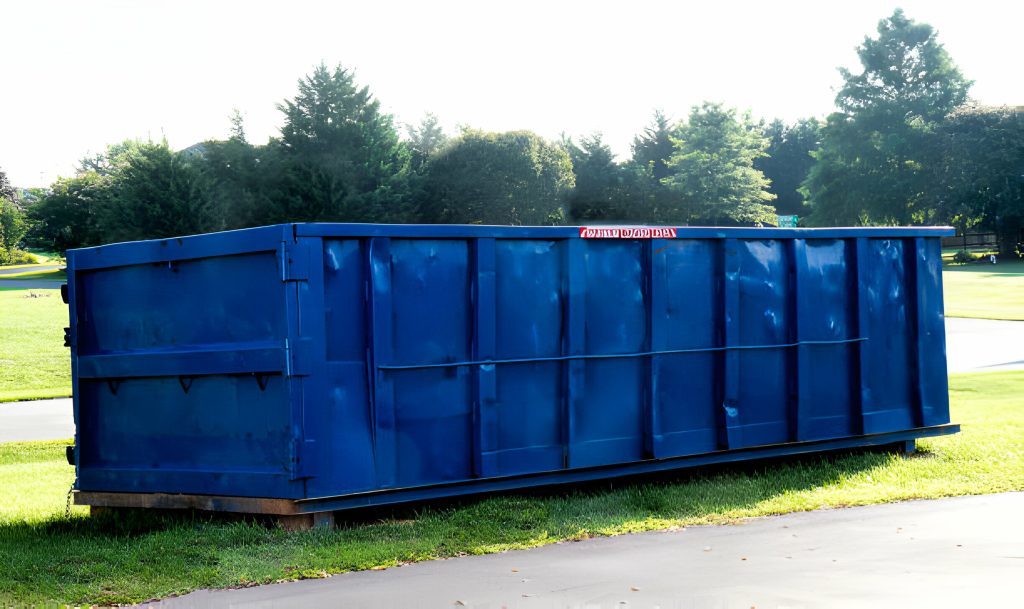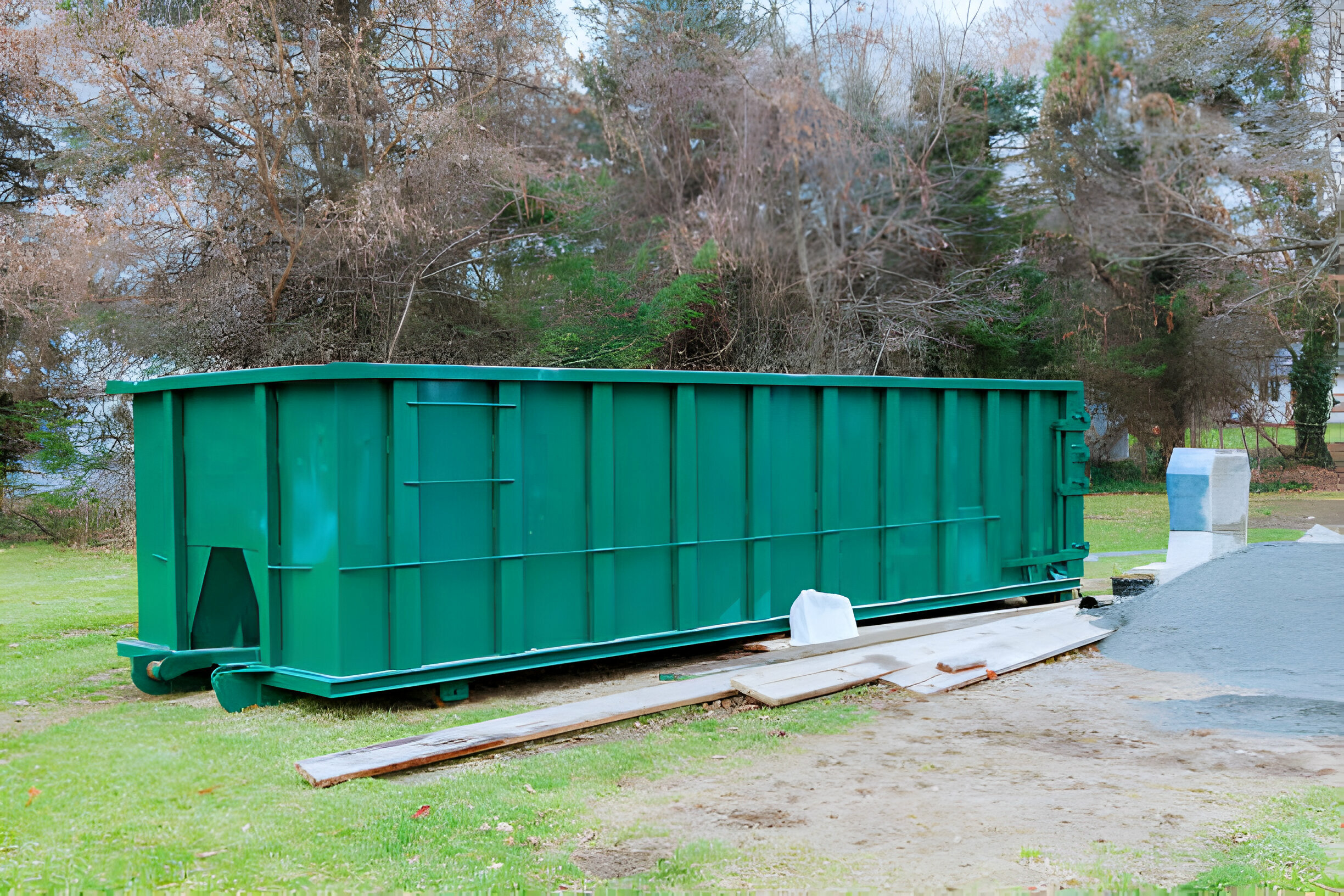In the heart of the South, Alabama, businesses are increasingly turning towards eco-friendly waste solutions. But what does this mean for you, and how can your business contribute to a greener future? Let’s explore innovative approaches and practices that can make a significant difference.
Regarding Sustainable Waste Alabama practices for businesses, several environmentally-conscious options exist. Here are a few key strategies:
- Recycling Programs: Implementing a comprehensive recycling program can significantly reduce the amount of waste sent to landfills. Encourage employees to recycle paper, cardboard, plastics, glass, and metal.
- Composting: Composting organic waste, such as food scraps and yard debris, can divert substantial waste from landfills while producing nutrient-rich soil for landscaping.
- Waste Audits: Conduct regular waste audits to identify areas where waste reduction and recycling efforts can be improved. This helps businesses track their progress and make necessary adjustments.
- Sustainable Packaging: Choose eco-friendly packaging materials that are recyclable or biodegradable, reducing the environmental impact of your product packaging.
- Donation Programs: Consider donating usable items and equipment your business no longer needs to local charities or nonprofit organisations instead of disposing of them.
- Hazardous Waste Disposal: Properly handle and dispose of hazardous materials, such as batteries, electronics, and chemicals, by following state and federal regulations.
- Waste-to-Energy: Explore waste-to-energy technologies that can convert waste into renewable energy sources, helping to reduce greenhouse gas emissions.
What are the types of Waste in Alabama Businesses?
In Alabama, waste can be categorised into various types. Here are some common types of waste generated by businesses in Alabama:
- Solid Waste: This includes everyday waste materials such as paper, and cardboard, plastics, and food scraps. Proper disposal and recycling of solid waste are essential to reduce landfill contributions.
- Hazardous Waste: Some businesses generate hazardous materials such as chemicals, solvents, paints, and batteries. These require special handling and disposal methods to ensure environmental safety. Reducing Hazardous waste helps Eco-Friendly Waste Disposal Alabama.
- Electronic Waste (E-Waste): E-waste comprises discarded electronics like computers, monitors, and mobile phones. Recycling and proper disposal are crucial due to the potential environmental hazards of electronic components.
- Construction and Demolition Waste: Construction companies and contractors generate significant amounts of waste, including concrete, wood, and building materials. Recycling and responsible disposal are vital in this sector.
- Medical Waste: Healthcare facilities produce medical waste, which can be infectious or hazardous. Proper disposal and treatment are essential to prevent health risks.
- Organic Waste: Restaurants and food-related businesses generate organic waste like food scraps and kitchen waste. Composting is a sustainable way to manage this type of waste.
- Eco-Friendly Waste: Some businesses may generate waste from eco-friendly or sustainable materials, such as biodegradable packaging or compostable products. Proper disposal methods for these materials are essential to maintain their eco-friendliness.
- Recyclable Waste: This category includes materials that can be recycled, such as paper, cardboard, plastics, glass, and metals. Recycling programs can help businesses divert recyclable waste from landfills.
- Non-Recyclable Waste: Waste that cannot be recycled or composted falls into this category. Proper disposal methods, such as waste-to-energy or responsible landfill disposal, are necessary.
- Office Waste: Office environments generate waste like paper, ink cartridges, and outdated equipment. Implementing recycling programs and reducing paper usage can help manage this waste stream.
- Packaging Waste: Businesses may generate waste from packaging materials, including cardboard boxes, foam, and plastic wrapping. Reducing packaging waste and opting for eco-friendly materials can mitigate this issue.
- Metal Waste: Metal-producing businesses can generate waste in the form of metal shavings, scrap metal, or discarded machinery components. Recycling metal is a common practice to reduce waste in this sector.

What are the benefits of waste management?
Waste management offers several benefits, including:
- Environmental Protection: Proper waste management reduces pollution, minimises landfill use, and prevents harmful substances from entering ecosystems, safeguarding the environment.
- Resource Conservation: Recycling and waste reduction efforts conserve natural resources, such as forests, minerals, and water, by reusing materials and reducing the need for virgin resources.
- Energy Savings: Recycling and waste-to-energy processes save energy compared to manufacturing new products from raw materials, reducing greenhouse gas emissions.
- Economic Opportunities: Recycling and waste management industries create jobs and contribute to the local economy, fostering sustainable economic growth.
- Reduced Health Risks: Proper waste disposal reduces health hazards associated with unmanaged waste, such as disease transmission and air and water contamination.
- Space Preservation: Efficient waste management decreases the need for landfills, preserving valuable land for other uses.
- Lower Costs: Businesses and communities can lower waste management costs over time by reducing waste generation and implementing efficient disposal methods.
- Regulatory Compliance: Proper waste management ensures compliance with environmental regulations, avoiding potential fines and legal issues.
How can you help in reducing Waste?
Reduce waste and support the environment by adhering to the “Reduce, Reuse, Recycle.” Minimize consumption, opt for Eco-Friendly Dumpsters, and compost organic waste. Say no to single-use plastics, conserve water and energy, and practice circular living by buying secondhand and repairing items. Support brands with sustainable practices.
Reduce paper usage and dispose of hazardous waste responsibly. Join community cleanups and educate yourself and others about environmental issues. Advocate for environmental policies. These actions, when embraced, help reduce waste and contribute to a more sustainable future for our planet.
How can Pharmaceutical Waste Be Managed Sustainably?
Managing pharmaceutical waste sustainably is a critical challenge for healthcare facilities, pharmacies, and other medical-related businesses. Below are some tips:
- Effective Segregation at Source: Implement strict segregation practices right where the pharmaceutical waste is generated. This involves distinguishing between hazardous and non-hazardous medications and disposing of them in correctly labeled containers, ensuring safe and efficient handling.
- Eco-Friendly Disposal Techniques: Utilize environmentally responsible disposal methods, such as incineration for hazardous waste, in compliance with environmental standards. Additionally, explore innovative disposal technologies like advanced oxidation processes that are less environmentally harmful.
- Optimized Inventory Management: Reduce waste generation by managing pharmaceutical inventories effectively. This approach minimizes the amount of expired or unused medications, addressing the issue of waste at its source.
- Regulatory Compliance and Education: Stay updated and adhere to all relevant environmental regulations. Simultaneously, educate healthcare providers on sustainable prescribing and disposal practices to foster a culture of environmental responsibility.
- Partnership with Specialized Waste Handlers: Collaborate with professional waste management services specialising in pharmaceutical waste. These experts can ensure proper collection, transportation, and disposal, aligning with sustainable practices and regulatory compliance.
Finally!
In conclusion, sustainable pharmaceutical waste management is a regulatory necessity and a step towards environmental stewardship. Star Dumpsters Rental recognizes this imperative and is committed to facilitating eco-friendly waste solutions. We are the best dumpster rental in Alabama.
By implementing strategies like adequate waste segregation, eco-friendly disposal methods, optimised inventory management, adherence to regulations, and partnering with specialized waste handlers, Star Dumpsters Rental plays a pivotal role in promoting sustainable practices. Our dedication not only aids in protecting the environment but also sets a standard for responsible waste management in the pharmaceutical sector, underscoring their commitment to a greener, cleaner future.


